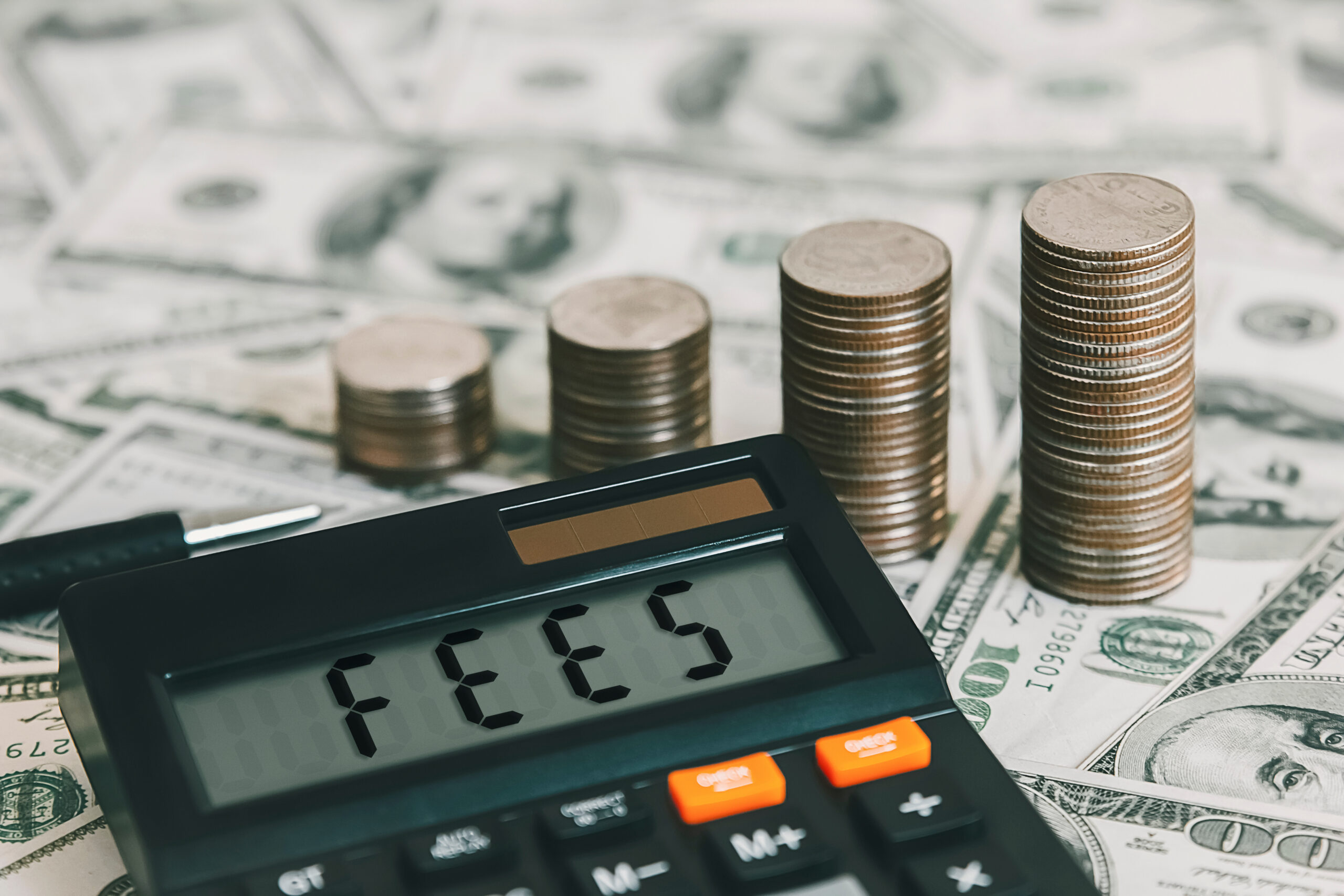Learn more about what fees you might see and what they mean.
Some financial institutions charge account fees when their members make certain transactions, don’t have sufficient funds in their account or fail to maintain a minimum balance. These fees can accumulate, impacting your financial health, so it’s important to understand when they are charged and how to avoid them.
Overdraft and NSF Fees
- Overdraft fees: Occur when your financial institution temporarily covers a transaction that overdraws your account. Think of this as a loan from your bank or credit union that allows the transaction to proceed but charges you a fee for doing so.
- Non-Sufficient Funds (NSF) fees: Charged when the bank denies payments or check cashing that would result in a negative balance.
Credit Human is committed to lowering the cost of providing services for our members which is why we do not charge NSF fees to our members. Learn more about how our checking accounts help you keep your hard-earned money to build more financial slack and reduce financial stress.
Tips to Avoid Overdraft and NSF Fees:
- Set up low-balance alerts: Many financial institutions offer text alerts when your balance falls below a certain amount, helping you avoid overdrawing your account.
- Check your balance frequently: Use digital banking to monitor your balance before using your debit card. Be mindful of pending transactions that could cause an overdraft once posted.
- Consider overdraft protection: Link a line of credit or savings account to your checking account to cover overdrafts. While we no longer charge an overdraft transfer fee, some financial institutions may still charge a fee for this feature. However, it is often less than overdraft fees.
- Opt out of overdraft on debit cards: Federal regulations allow customers to opt out, preventing overdraft fees by declining transactions when funds are insufficient.
ATM Fees
Using an ATM outside your network can incur both a surcharge from the ATM owner and a fee from your bank or credit union.
Tips to Avoid ATM Fees:
- Use in-network ATMs: Many financial institutions have locators to find nearby fee-free ATMs. Credit Human members have access to over 55,000 ATMs. Find your nearest ATM.
- Get cash back at the register: Get cash back when making purchases at retailers like drugstores and grocery stores, instead of pulling money out of an ATM.
By understanding the types of fees, you might be charged and how it impacts your financial health, you can find the best option for your unique financial situation.

Navigating the Credit Counseling Process with Confidence
Credit Counseling Basics Credit counseling is like having a personal financial coach by your side, guiding you through the maze of debt and helping you

What Are The Top Online Scam Targeting Older Adults
This was a partnership with National Council on Aging and Zelle;July 17, 2024; 8 min read Key Takeaways• Older adults are often the target of

The Financial Impacts of Account Fees
Learn more about what fees you might see and what they mean. Some financial institutions charge account fees when their members make certain transactions, don’t

When to Save vs When to Borrow
When it comes to making a large purchase, some of us may find ourselves in the same dilemma: to pay cash or to take out

How Different Types of Debt Impact Your Financial Goals
Factors to Consider When Transferring a Credit Card Balance Learn which types of debt can positively or negatively impact your financial health. Many of us

March 2025 Newsletter
March Newsletter See what we have been up to this past quarter! Click the link below to to subscribe to the full newsletter. Subscribe Online




